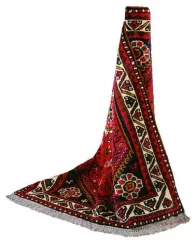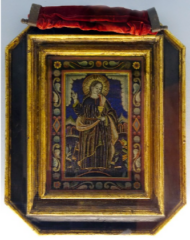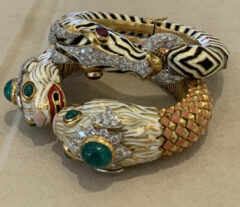Often when I work for a new client I am asked for my credentials and just how I became an appraiser. Did you go to Appraiser School? What’s your area of expertise? Or something of that nature. Each appraiser may have a slightly different story, but generally, they are along the same lines.

Becoming an appraiser is a two-step process that requires education and experience, which can be acquired in any order. The three major appraisal societies, American Society of Appraisers (ASA), Appraisers Association of America (AAA), and The International Society of Appraisers (ISA), offer professional development programs on principles, theories, and practice methods for the professional appraiser. These courses are given all over the country in various cities, generally two or three times a year. Plus, the courses are offered at several colleges and universities. These courses are very intense and are followed by lengthily written exams. Included in this process is the study of ethics, what standards of ethics are used, the code of ethics, and the relationship between the appraiser and the client.
After this process has been mastered, the appraiser is awarded a designation. Each society has its own appellations, such as candidate, associate, accredited, certified, accredited senior appraiser, and so on. Each designation has a specific meaning within each appraisal society depending on the depth of education and length of experience.

The societies also offer many “specialty” courses in decorative and fine art. These are generally short courses that run for a long weekend, two or three days. Topics covered might be ceramics, furniture, glassware, metal-ware, oriental rugs, art history, oil paintings, and prints.
As I mentioned earlier, experience is the other step in becoming an appraiser. Experience is not as easily mastered as the education process. In most cases, appraisers have had previous careers in related fields. I personally imported antiques from England and France for many years. Many of my colleagues were in the auction business, some owned art galleries, and some were in the silver business. All of this counts as experience. Many young appraisers are astonished at the amount of time it takes to learn about some areas. As an example, oriental rugs can be a lifetime study, and sometimes never mastered! Oriental porcelain, unmarked 19th-century English porcelain, and 18th-century continental furniture are other challenging fields.
I always recommend the appraisal business to those who call for advice. It’s rarely boring, and generally interesting. Each assignment is different. The business can be all-inclusive or can be limited to specific areas and needs. Keep in mind that appraisers are needed for insurance coverage, estate planning or settlement, charitable donation, fair market value for buying or selling, divorce settlement, expert witnesses in court, and often just for the owner’s knowledge.
By Vernon Abrams, ISA, AAG
Affiliate Appraiser (Atlanta), Antiques Specialist
Veritas Art Appraisals & Consulting






